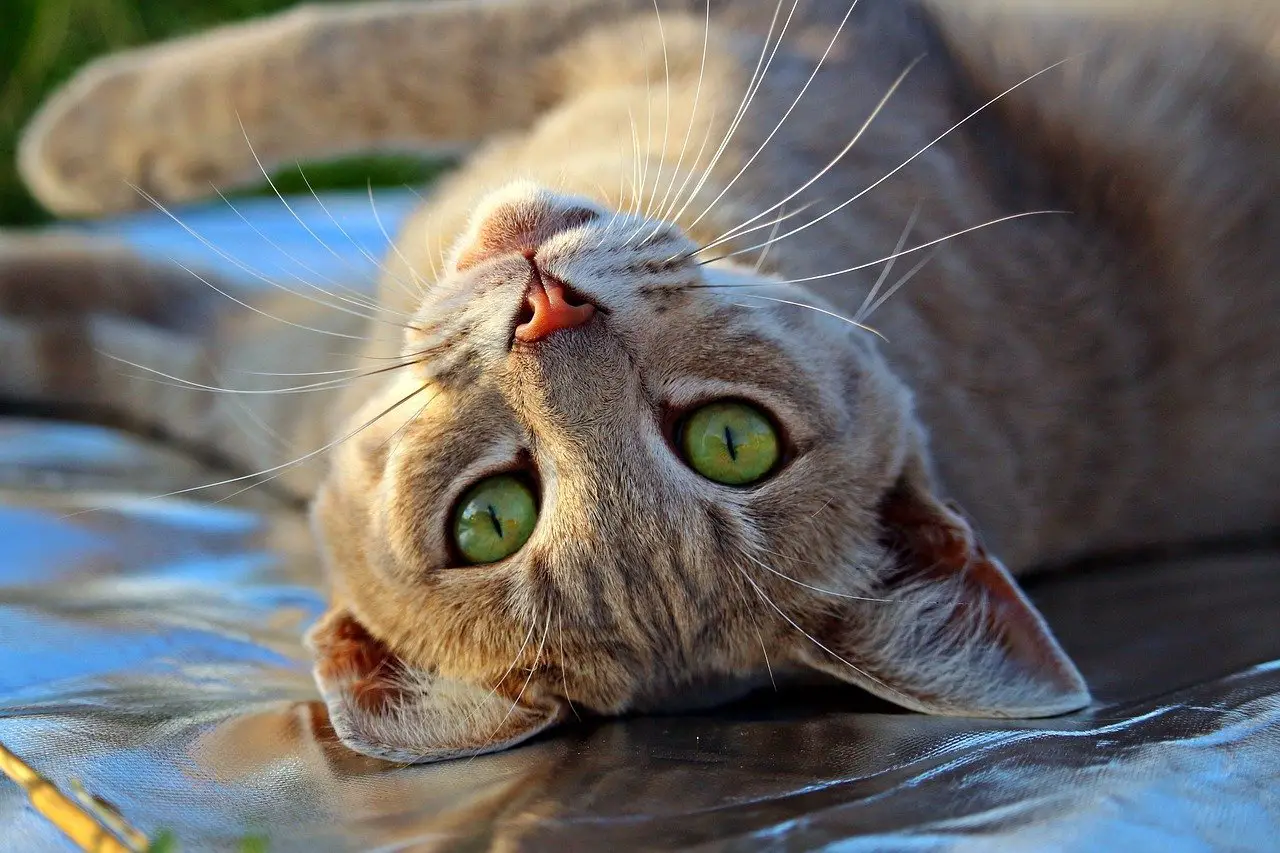I was amazed when I visited a friend who had recently moved back to town with whom I had previously shared a house. Her cat not only remembered me but followed me from room to room, meowing and rubbing himself against my body. Titus the tabby and I had spent three years together and had not seen each other for almost four years, so how did he remember me?
Cats can remember their previous owners, especially if they had them during their kittenhood, and shared significant events over an extended period. Cat’s memory is complex and mostly unexplored, although studies suggest they show socio-spatial cognition and can form memory from single events.
My experience with Titus was not unique, as many cat owners can attest to the bond that cats may keep with those they have shared their affection and love. There is more to the cat mind than meets the eye it seems when it comes to their highly adaptive brain. Here are some of the facts behind a cat’s ability to remember previous owners.
Cats Have Socio-Spatial Cognition
A Scientific study conducted in 2021 suggests that cats have socio-spatial cognition similar to humans and primates. Simply speaking, socio-spatial cognition is the ability to hold a representation of an object when it is out of sight. The researchers placed the domestic cat’s owners at different locations and measured the surprise reaction when the owner moved to an unexpected location.
The results showed that the cats held their owner’s location in their mind, using auditory clues of their owner’s voice. The ability to maintain a representation of their unseen owners from their voice places cats on a higher cognition spectrum similar to humans, primates, and dogs.
The ability to hold a mental representation of an owner’s voice has implications for how a cat could preserve the memory of its previous owner, even if they are no longer with the cat.
This ability to hold a spatial image of their owner when they are not in their visual field suggests that cats may retain a memory of their owners even if they have not been in contact for a longer time.
Cats Can Encode Memory From a Single Experience
A study conducted in 2014 showed that cats have the ability to form incidental memories, which means that they can passively acquire a memory without conscious effort. This ability puts the cat on par with dogs in terms of acquiring and assimilating both “what’ and “where” information from only a single experience.
In a series of tests on 49 domestic cats, the cats were introduced to a series of containers, some of which contained food and others that did not. The response of the cats to visit the containers that they had not yet fed from suggests that they retain the memory of the initial experience and formulate their behavior based on that prior experience.
This result also ties into the nature of feline memory. It suggests that cats have the ability to recall experiences on-demand, much like a human would use memories to daydream. The study also suggests that cats’ memories last longer and are more complex than previously anticipated.
Cats Memories Do Not Decline With Age as Previously Suggested
Previous studies suggested that a feline’s cognitive functions declined as they aged, affecting their memory. However, a Study of 36 cats varying in age from 1 year to 15 years of age found that cognition and recall were consistent between cats of all age groups.
The test found that cats could consistently find three food containers out of 30 containers that held no food showing that they could memorize and learn the food position. The fact that cats’ cognition and ability to form memories in their later years may well support the notion that even older cats have the ability to remember their previous owners.
Cats Remember Significant Events
Cats came up rather poorly in a study on short-term memory tests conducted in 2006. During eight sessions, researchers presented 24 cats with a desirable object hidden in four boxes placed in front of them. They were then tested for retention of information regarding the object location over 0, 10, 30, and 60 3conds.
The cat’s accuracy in location declined considerably between the 0 and 30-second range and performed poorly after the 60-second mark. However, some animal behaviorists suggest that cats’ memory for disappearing objects is linked to hunting behaviors where seeking prey after an extended time would be futile.
The test also fails to consider that even with humans, events that lack significance are also quickly forgotten in the human brain. Long-term memory is usually tied to significant events in humans or, in this case, a cat’s past. Finding a disappearing object may not really explain the complexity of feline cognition.
Experts suggest that cats and dogs form memories of impactful events such as highly positive and negative experiences. While typically important events linked to food and survival are significant to cat memory, situations with emotional impact are more likely to be stored in your cat’s memory.
Closing Thoughts
There is much we do not understand in terms of cat memory and long-term recall. More recent studies suggest that a cat’s memory is far more complex than previously imagined, and cats may be similar to humans and dogs in their long-term memory. I believe that future studies will reveal the complex inner life of cats that we cat lovers have always known first hand.
[su_box title=”Affiliate Disclosure”]This website is supported by its readers. Please assume that all links are affiliate links. If you make a purchase from one of the links we will make a commission from Amazon. Thank you.[/su_box]




